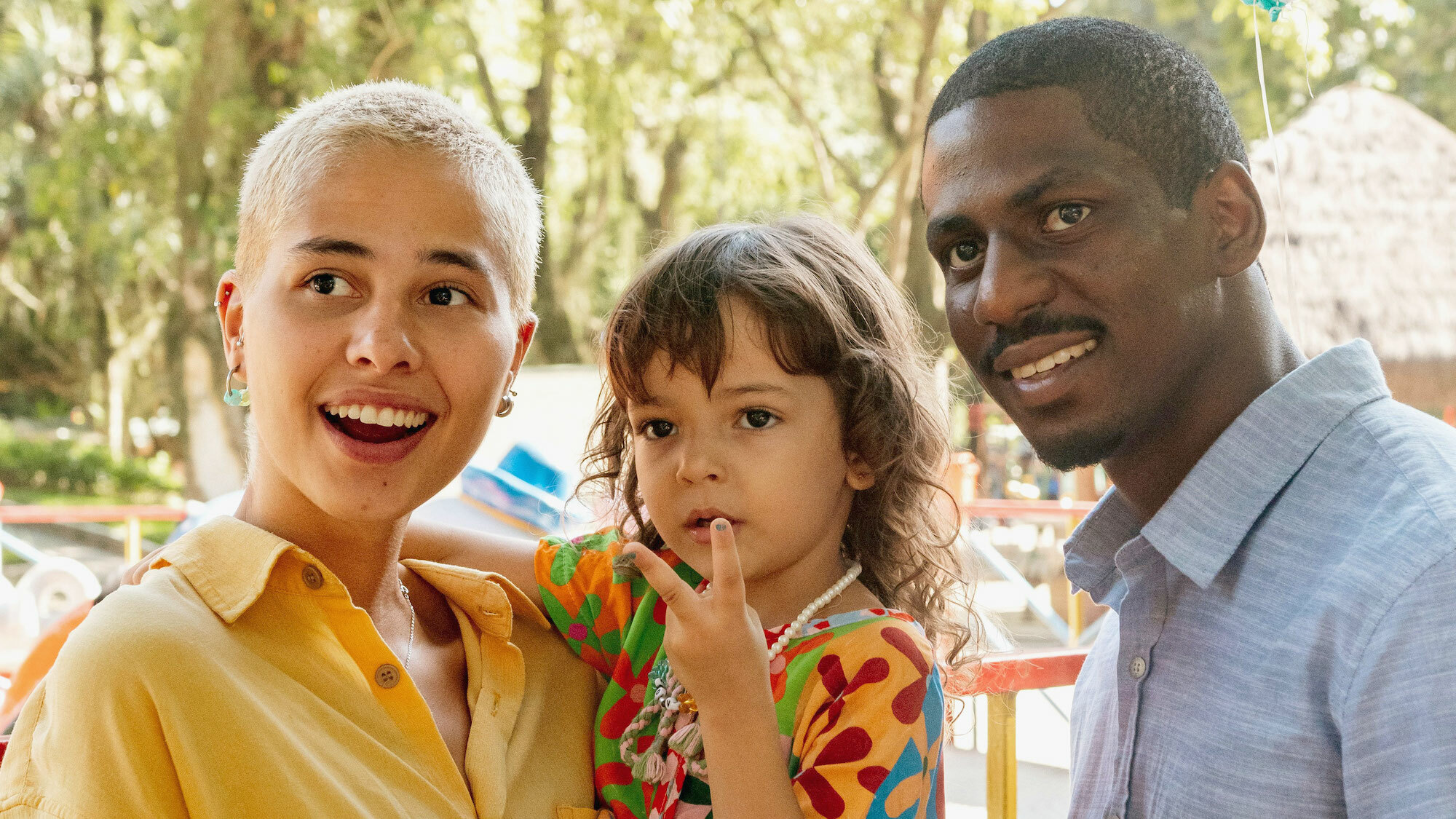Voir cette publication sur Instagram
This generationDo It With the Kids(DIWK) encourages spending time with children, in contrast to Double Income No Kids (DINK) which promotes not having children in order to enjoy life more. In fact, by 2023, 60% of 25-34 year olds no longer see parenthood as a burden. This number is higher compared to 2022, when only 51% thought this way, according to the 2nd edition of the Evian barometer. " Today, there is a trend towards taking the family bubble outside, taking your child with you in all circumstances. And also an aspiration for a certain familial lightness", explains sociologist Ronan Chastellier in the study. But in a country where education is highly regulated and integrated into a patriarchal model, who are these parennials and what do they emphasize?
Positive education as a guiding model
If the questions of parenting and education have been at the center of the debate for the past five years, especially thanks to the rise of social networks and the emergence of parennials. These themes have roots in a much earlier time. As Dr.Let's.Let's dive into Beatrice Lamboy's article from 2009! She tells us that the word "parenting" made its debut in French back in the 1960s, popping up mainly in the realms of psychiatry and psychoanalysis. It wasn't until the 1980s that it really started to gain official recognition. This shift was fueled by a growing curiosity about the role of parents and the effects of upbringing and violence on a child's development. It signaled a move away from the old-school, one-size-fits-all approaches to parenting. Nowadays, parenting is viewed as an ever-evolving journey that involves picking up specific skills along the way. And this process, the parennials do not hesitate to start it. "There is a willingness in our generation to question several dogmas that we have always considered normal," explains Samuel Clot, father of a 6-year-old boy, content creator, and author of the book Stay-at-home Dad. The dominance pattern of adults over children and "ordinary educational violence" (VEO) are then abandoned to favor the establishment of a healthy framework, where the child explores at their own pace and the parent is a supporting and guiding tutor. "The idea is to coexist our needs in the household. Many people say that positive parenting is permissive, on the contrary, it requires much more effort but which pays off in the long run. We have more autonomous children sooner and also more attentive to the needs of parents," explains the father of 27 years old.
Among this new generation of parents, the "new dads" stand out. Far from the authoritarian paternal figure and the "father [who] is only mentioned if he is violent, alcoholic, abusive or even a abuser" in traditional stereotypes, these fathers are taking on a more active and nurturing role in parenting. They are redefining what it means to be a father and are focused on creating a loving and supportive environment for their children. By embracing positive parenting practices, these dads are fostering stronger relationships with their kids and are breaking stereotypes about fatherhood.Literature. True and fiction, these dads take on both sexist and unequal preconceived ideas, to begin a process of deconstruction and reaffirm their fatherhood. "A father who does the cleaning or cooking because his wife is resting after childbirth or breastfeeding, a father who carries his child close to him [...] is not a father who is "helping his wife": he is a father who is doing his part, simply put", Samuel Clot asserts in his book. It's an obvious fact for the young father, but seems far less evident on a larger scale. In France, everything related to children is generally oriented towards the mother. In bookstores, it's in the maternity section that you find books dedicated to parents. While in the United States and Canada, 5,000 locations were equipped with changing tables in men's restrooms in 2019, few French establishments do the same. Since 2021, paternity leave has officially increased from 14 to 28 days. In Sweden, this same leave amounts to 240 days per parent, per birth. To meet this desire to rethink the traditional family structure and the educational methods implemented up to now, numerous kids-friendly places are opening their doors in different cities in France. At the same time, social networks see the growing trend of a. The number of parents sharing their experience with gentle parenting is on the rise. It's a growing model of parenting, yet still largely in the minority. In France, a child dies every five days from parental abuse. Ac Still deeply rooted in a traditional patriarchal pattern with gender determinisms, the vision of a stay-at-home dad or a dad simply taking care of his child is still perceived as a threat to masculinity. "When my son was a baby, I felt like people were looking at me as if I didn't belong and that it wasn't a father's role to take care of infants, to wear a sling, etc. Now that he's 6 years old, we play soccer and do activities considered masculine, it's much less shocking," laments Samuel Clot. Far from being a priority, the budget allocated to child protection in departments amounted to 8.9 billion euros in 2018. For comparison, the military budget was 43.9 billion euros in 2023. Will the lifestyle of the parents be sustainable? For the young dad, we must keep hope alive: "I can't imagine a future where my son will raise his children, if he wants to. In the same paradigm as the one currently dominant in France. Overall, we are moving towards something more positive and benevolent, but it will require a lot of work and major political battles because there are still many obstacles. » - Stay-at-home Dad, SS.P
Affirming the father's place
A widespread yet still marginal phenomenon
To go further:
